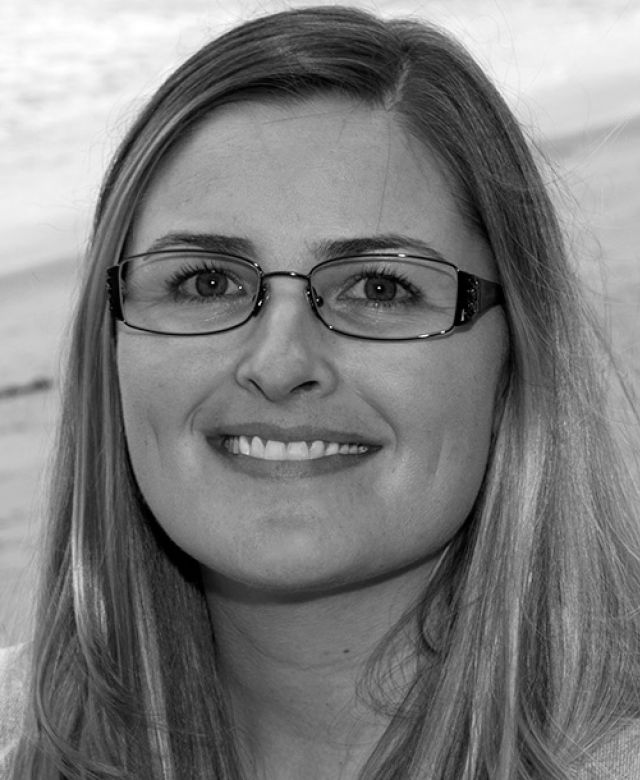Sensitivity of the Ocean Carbon Sink to Natural and Anthropogenic Carbon Cycle Interactions

Speaker
Andrea Fassbender
Monterey Bay Aquarium Research Institute
Abstract
The modern ocean absorbs ~25% of our annual anthropogenic carbon emissions, slowing the rise in atmospheric partial pressure of carbon dioxide gas (pCO2) and global temperature. This ocean carbon uptake is known to be nonuniform and nonstationary due to natural climate oscillations, making it challenging to discern carbon storage trends from existing observations. Perhaps a more critical issue for understanding long-term carbon storage is the sensitivity of ocean carbon uptake to interactions between natural and anthropogenic marine carbon pools. Anthropogenic carbon was previously thought to imprint on top of the natural marine carbon cycle; however, global changes in surface ocean pCO2 seasonal cycle amplitudes have now been found in observations and evaluated in models and can be attributed to natural-anthropogenic carbon pool interactions. To build on these findings, we use the Geophysical Fluid Dynamics Laboratory ESM2M large ensemble to quantify the influence of carbon pool interactions on air-sea CO2 fluxes through the year 2100 under the RCP8.5 (business-as-usual) scenario. A goal of this work is to determine the importance of potentially overlooked chemical feedbacks in the climate system relative to other known unknowns, such as changes in the functionality of the biological pump, and consider how they may be related.
Speaker Bio
Dr. Fassbender earned a Combined Honors B.S. (2007) in Chemistry and Oceanography from the University of British Columbia, Canada. She then began graduate school at the University of Washington in Seattle where she completed a Graduate Certificate in Climate Science (2009) and earned both her Master’s Degree (2010) and Ph.D. (2014) in Oceanography. Following this, Dr. Fassbender collaborated with NOAA’s Pacific Marine Environmental Laboratory, the Washington State Department of Ecology, and the Washington Ocean Acidification Center to characterize carbonate chemistry throughout Washington’s marine surface waters as a UCAR PACE Postdoctoral Fellow. In 2017, she joined the Monterey Bay Aquarium Research Institute (MBARI) to lead a marine carbon cycle research and technology development team. Dr. Fassbender’s research focuses on understanding marine biogeochemical cycling and the ocean’s role in global climate through the carbon cycle.